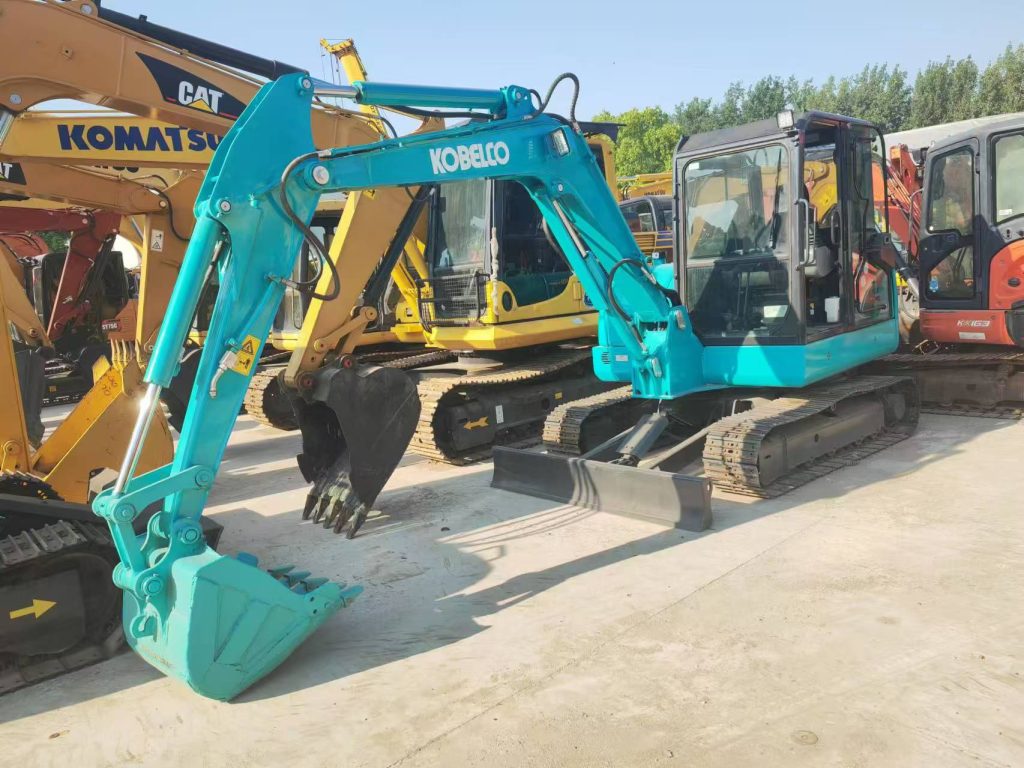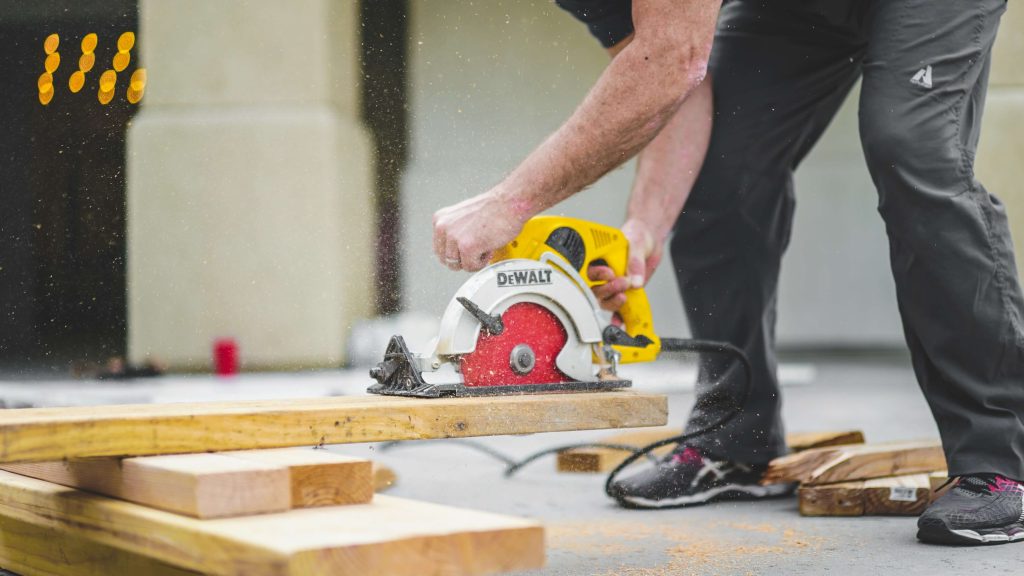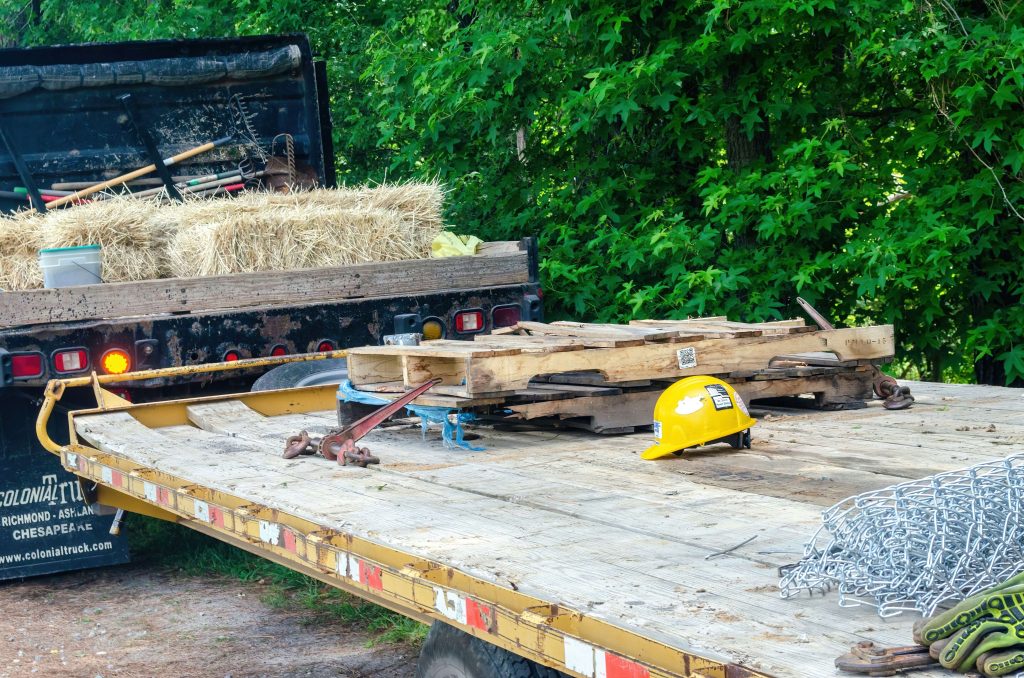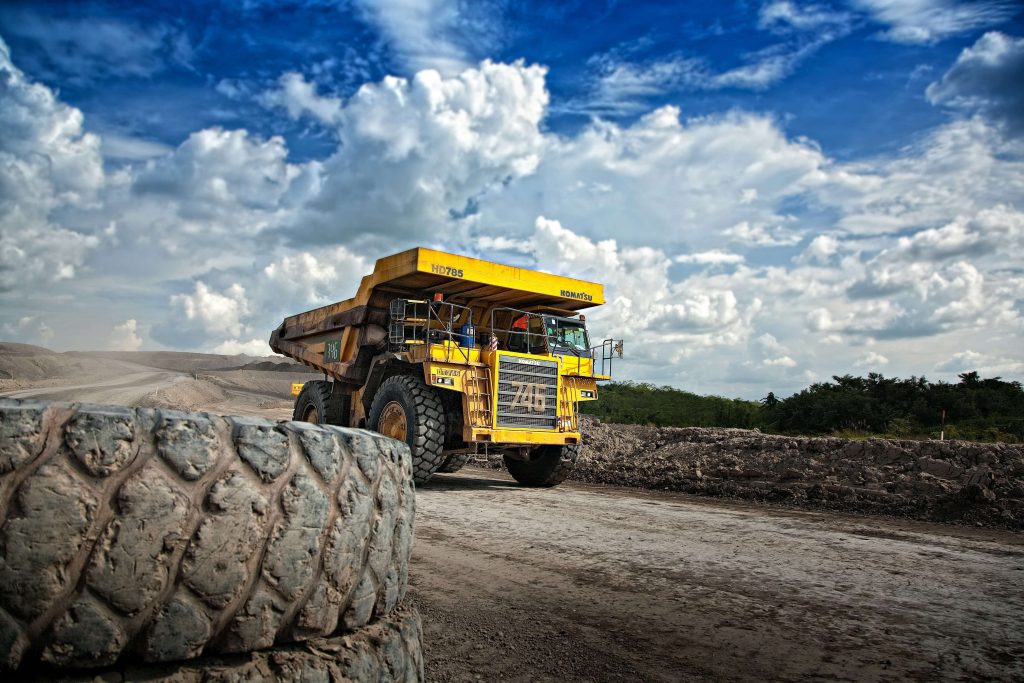If you want to thrive in the construction industry, having the right equipment is crucial. The debate between renting and buying construction equipment is ongoing, with both options offering unique advantages. If you're considering launching a construction equipment rental business, this guide will provide you with essential insights. We'll cover everything from startup costs and pros and cons to marketing tips and customer service strategies, helping you pave the way for success.

Researching In-Demand Equipment To succeed in the construction equipment rental business, it's vital to understand which machines are most sought after. Equipment like excavators, backhoes, and bulldozers are frequently in demand. By knowing which items are essential, you can tailor your inventory to meet market needs and capitalize on industry trends.
Analyzing Competitors Study what your competitors are offering. Look at their pricing, leasing terms, and additional services. This analysis will help you identify market gaps and opportunities to differentiate your business. By understanding your competitors' strategies, you can improve your own business model and offer better services.
Networking and Industry Insights Stay updated with the latest trends by attending trade shows and conferences. Networking with other professionals and staying informed about technological advancements, regulations, and economic changes will give you a competitive edge. These connections can also lead to valuable business partnerships and opportunities.
Identifying Target Market Identifying your target market is crucial for tailoring your offerings. Determine the needs of your ideal customers, whether they are small contractors, large construction firms, or individual homeowners. Understanding their requirements will help you stock the right equipment and provide services that cater to their specific needs.
Understanding Market Demands Focus on the equipment that is in high demand. For example, used mini excavators for sale and used small excavators for sale are popular choices for various projects. Keeping track of market trends will allow you to adjust your inventory accordingly, ensuring you meet customer needs efficiently.

Cost Analysis Setting the right rental rates starts with understanding your costs. Calculate the expenses for acquiring, maintaining, and operating each piece of equipment. These figures will serve as a foundation for setting competitive and profitable rental prices.
Competitive Pricing Research the rates charged by competitors for similar equipment. This information will help you set competitive prices that attract customers while ensuring profitability. Offering flexible rental terms, such as daily, weekly, or monthly options, can also appeal to a broader customer base.
Flexible Rental Terms Providing various rental options, like daily, weekly, and monthly rates, along with discounts for longer-term rentals, can attract more customers and accommodate different project needs.
Exploring Financing Options Securing funding is crucial for starting your rental business. Explore various financing options, such as business loans from banks and credit unions, which often offer favorable interest rates and repayment terms. Private investors and venture capitalists can also be valuable sources of funding, though they may require giving up some control of your business.
Crowdfunding Consider using crowdfunding platforms to raise capital. This approach can provide financial resources and help build a network of supporters and potential customers, enhancing your business's reach and credibility.

Location Selection Choosing the right location for your rental business is vital. Ensure your site is easily accessible, has ample space for storing equipment, and is close to your target customer base. A strategic location can significantly impact your business's success by attracting more customers and facilitating efficient operations.
Assessing Neighborhood Potential Evaluate the surrounding area for potential business opportunities. Proximity to construction sites, industrial areas, and developing neighborhoods can ensure a steady stream of customers. Also, consider the competition in the area to identify underserved markets.
Marketing Strategy Development Developing a robust marketing strategy is essential for attracting new customers and retaining existing ones. Identify your target audience and tailor your marketing efforts to their needs. Utilize both traditional and digital marketing channels to reach a wider audience.
Online and Offline Promotion Leverage digital marketing tools such as social media, email marketing, and search engine optimization (SEO) to increase your online presence. Combine these with traditional marketing methods like print ads, billboards, and direct mail to maximize your reach and attract local customers.
Industry Events Participate in industry events, trade shows, and conferences to showcase your equipment and services. These events provide excellent networking opportunities and allow you to connect with potential clients face-to-face, building strong business relationships.

Cost Savings Renting secondhand excavators can offer significant cost savings compared to purchasing new ones. This approach allows you to access a variety of equipment at a fraction of the cost, freeing up capital for other business needs.
Immediate Access Having immediate access to a diverse fleet of machines, such as used diggers for sale, enhances your ability to meet customer demands promptly. This flexibility can give your business a competitive edge by ensuring you have the right equipment available when needed.
Reliability and Performance Used equipment from reputable rental companies undergoes rigorous inspection and maintenance, ensuring reliability and high performance. This quality assurance reduces the risk of equipment failure and project delays, maintaining customer satisfaction.
Environmental Benefits Renting secondhand machinery is an environmentally friendly option that reduces the need for new equipment production. This sustainable approach aligns with modern values of minimalism and environmental responsibility.
Investing in High-Demand Models Invest in well-maintained, high-demand excavators like the Caterpillar 320 series, Komatsu PC200 series, and Hitachi ZX210 series. These models are known for their reliability, efficiency, and versatility, making them popular choices in the construction industry.
Ensuring Quality Before adding any used excavator to your rental fleet, conduct thorough inspections and servicing. This focus on quality will minimize equipment failures and increase customer trust in your rental services.
Versatile Options Include a range of sizes and types of excavators in your inventory. For instance, the Bobcat E35 is ideal for confined spaces and urban settings, while larger models can handle more extensive projects.

Starting a construction equipment rental business requires careful planning and strategic decision-making. By understanding your industry, identifying your target market, setting competitive rates, securing funding, choosing the right location, developing a robust marketing strategy, and offering reliable secondhand equipment, you can position your business for success. Partnering with reputable suppliers and maintaining high standards of quality will help you build a strong reputation and attract loyal customers. Visit Juexin Machinery to explore our extensive inventory and find the ideal equipment for your rental business.
By following these guidelines and leveraging the resources available at Juexin Machinery, you can confidently enter the construction equipment rental market and achieve long-term success. Whether you are looking for used mini excavators for sale or other construction equipment, Juexin Machinery is your trusted partner in the used machinery market.

Juexin Machinery has over 20 years of experience in exporting used excavators, specializing in second-hand machinery. We offer a wide range of popular brands and models, including Caterpillar 320, Komatsu PC210, Hitachi ZX210, Volvo EC220, and SANY SY215. For detailed information on models, prices, and brands, please contact us.
If you are interested in purchasing used equipment from China, check our blog for detailed information on the process and benefits. We provide insights on buying used excavators and other machinery, helping you build a safer and more efficient future in construction.
Tips For Choosing The Right Used Truck Excavator For Sale
Top 10 Excavator Manufacturers: Everything You Need to Know
How to finding Used Excavators For Sale By Owner – for Your Next Construction Project
CAT Used Excavators For Sale: Your Guide to Affordable Quality with Juexin Machinery
Slope Excavation: Everything You Should Know Before Buying
Used Diggers for Sale Near Me from China’s Leading Second-Hand Heavy Machinery Exporter
Building Construction Equipment List – What You Need to Know
26 Types of Construction Equipment You Must Know About – Juexin Machinery
Top Benefits of Buying Used Excavators for Your Construction Projects - Juexin Machinery
How to Find Used Excavator for Sale in China — Juexin Machinery
Essential Tools and Machinery for Modern Construction Projects - JuexinMachinery Helps you
The 6 Most Trustworthy Excavator Brands and How to Identify Models - Juexin Machinery
Identify the top excavator brands and their popular models. Learn how to choose the right used excavator for your specific requirements.